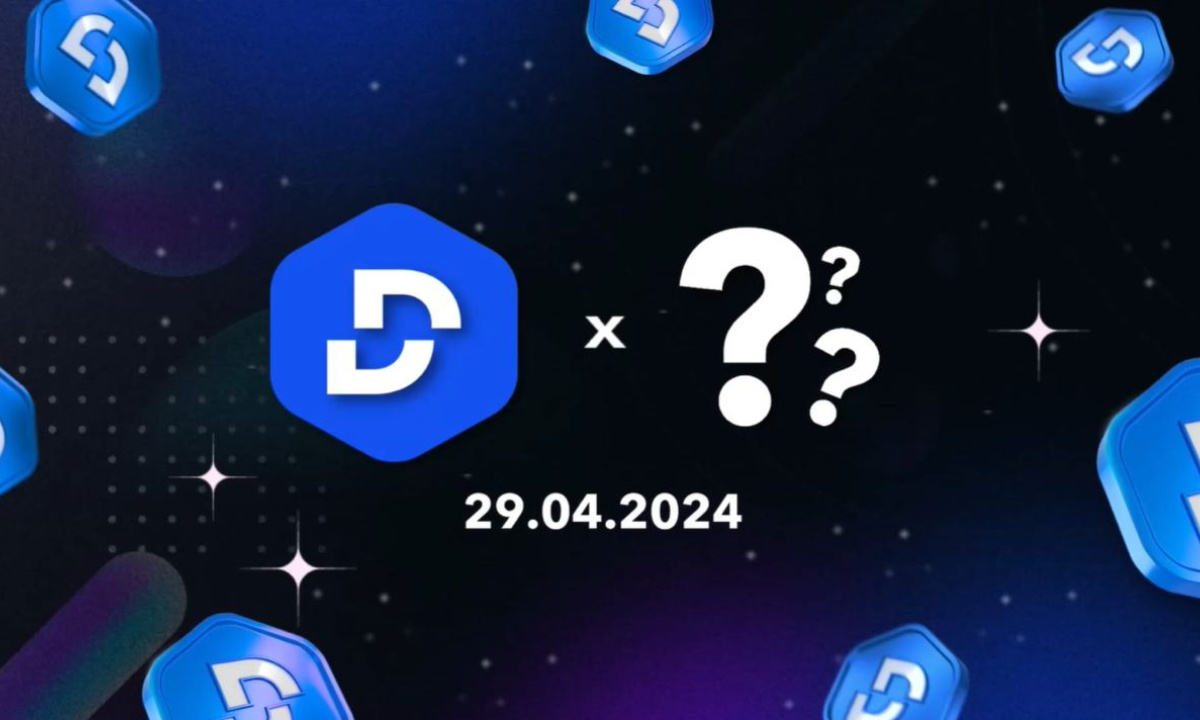An Introduction to Libra
In what’s been the latest hot topic in the blockchain industry in the last few weeks, and indeed within wider financial circles, is the seemingly inescapable news that Facebook are launching their brand new cryptocurrency, named ‘Libra’.
The first details of Libra, released amid strong rumors in recent months that Facebook was planning a move into digital assets, came with the publication of a comprehensive whitepaper for the new cryptocurrency on the 18th of June.
Libra, which is a stablecoin pegged to a basket of trusted fiat assets such as the Euro and the US Dollar, aims to provide easy and borderless financial payments to previously unbanked people predominately in economically disadvantaged nations. Likewise, Libra will provide low fee and instant worldwide remittance to anyone with a Facebook or WhatsApp account.
Libra is tentatively scheduled for release in 2020 on the Facebook Messenger and WhatsApp platforms, alongside its native wallet, ‘Calibra’ – the only wallet to currently support Libra.
However, as many would expect, there’s been some strong controversy as a result of Facebook’s move, with cryptocurrency critics calling the project centralized and against the founding principals of blockchain. Conversely, many have welcomed the move by Facebook, viewing it as a novel departure from central bank issued cryptocurrencies.
Examination of the Libra Cryptocurrency
So, how does Facebook’s Libra coin differ from other true cryptocurrencies? For a start, Libra is not governed by completely decentralized node operators. Instead, the Libra blockchain will indeed be open-source, but controlled by 100 ‘founding members’ or node operators, who include major fintech and financial firms, such as Visa, MasterCard, Coinbase, PayPal, and prominent VC Andreessen Horowitz.
Cryptocurrency derivatives trading platform, Monfex, published a deep dive piece via their Medium exploring the key insights from Libra’s whitepaper. Alex Sovpel, Director of Research at Monfex and author, highlighted the need for Facebook and its partners to convince their users that they would use financial information in a responsible way.
Sovpel observed “Interestingly, there are no commercial banks included as Libra partners, and none of Facebook’s tech peers”. Instead, this federation of companies, which omits both traditional financial providers and Facebook’s key competitors such as Google and Apple, has raised concerns that Libra would in fact be a highly centralized coin, presided over and controlled by a federated group of companies all working towards similar goals.
Concerningly, although Facebook have indicated they have no intention of doing so, Sovpel highlights the ability of Facebook to track users' purchases through Libra, and pair it with their personal data. This, Sovpel claims, would create “unmatched ad targeting capabilities for Facebook”, based on consumption preferences, likes, and life events of each user of the Facebook platform. Aside from the potential for a breach of data protection and sovereignty, this would also put Facebook’s ad competitors at a huge disadvantage and reduce the chances of a level playing field within the industry.
In a later Medium post, Monfex went on to say that “Facebook is the World’s most powerful bank of tomorrow”, citing their 2.5 billion strong userbase, and US$5 billion in forecasted net profit in 2019. The article goes on to say that the global remittances market is ripe for disruption, citing $600 billion in remittances sent by foreign workers to their home nations in 2018.
Facebook and Libra could play a serious role in disrupting the global remittance market and prove a strong competitor to companies such as Ripple, which seek faster cross-border payments with their xRapid solution.
Current Challenges to Libra’s Deployment
Despite serious financial power and a pre-defined user base, Facebook must first convince regulators that Libra is a transparent project, with users' privacy and financial protection taken into account. Regulators in the EU have already weighed in heavily on Libra, with Andrew Bailey, chief executive of the Financial Conduct Authority in the UK warning that Libra will not ‘walk through authorization’ and will be subject to the same intense scrutiny levelled at other financial offerings.
These developments come just over a year after Facebook was caught in the midst of a serious scandal with Cambridge Analytica, a political consulting firm, in which both parties were accused of harvesting personal data from millions of Facebook profiles without user consent and using it for political advertising.
This resulted in Zuckerberg testifying before the United States Congress and marked a significant point in the anti-trust movement. Subsequently, many have questioned if Facebook, despite assertions to the contrary, have Libra users’ best interests at heart.
Closing Thoughts
In the short term, Facebook and partners will certainly have to prove that they will offer Libra with user protection in mind, both for data and financial sovereignty and privacy. Thinking along a longer timeline, it will need to be established whether Libra can become a sufficiently decentralized trust-based coin, which will offer the same transparency and auditability of traditional cryptocurrencies.
Finally, the real question is, are the general public ready to adopt a cryptocurrency for everyday payments?
Investment Disclaimer









